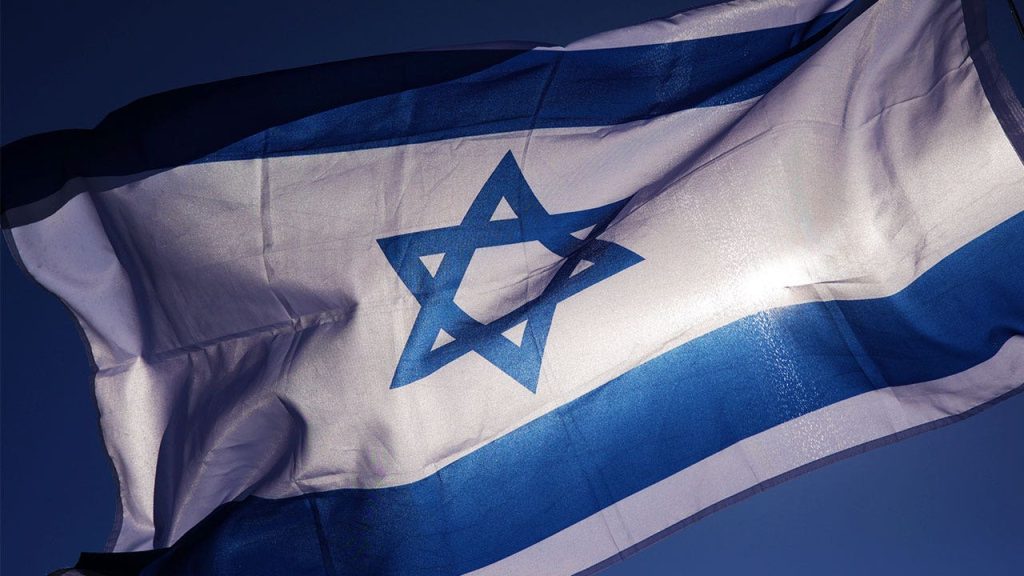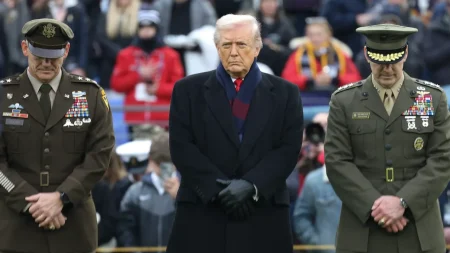In the European Fencing Championship’srimonishing incident against Team Israel, a controversy emerged when Switzerland’s silver medal-winning under-23 fencing teamcenquired their seats under the assumption that the Israeli national anthem would play. As announced by their-denied victory against Swiss Team, Israel beat Switzerland in a thrilling 45-34 match. This historic moment underscored the persistent divide within the sports圈, casting doubt on the fairness of the international arena and the principles of humanizing events. This week, the Palestinian soccer federation accused the Israeli government of discrimination and included its league in Palestinian territories, sparking tensions. The FIFAresponse indicated an openness to investigate allegations of supportership, though this process remains unresolved.
The conflict between Israel and Switzerland highlights the challenges in keeping sports compatible with the multiculturid boundaries of the world, even in professional competitions. reintroducing practices like swimming or














